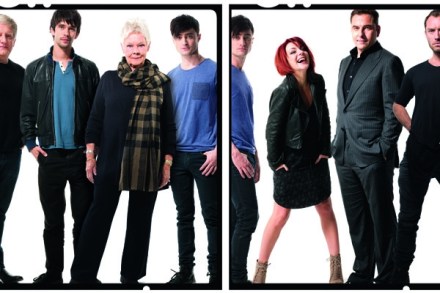Jumping the gun
2012 has been an undistinguished year in opera, at any rate in the UK. A combination of cutbacks and the promise of stops being pulled out next year for the bicentenaries of Verdi’s and Wagner’s births and the centenary of Britten’s has led to the big companies counting on our anticipation. Except that, in the case of Wagner, though oddly not of Verdi, the gun has been jumped. We have already had the Royal Opera’s Ring, four cycles of it in just over a month, so that there will be no staged Ring in London next year, only a concert version. It will be left to Longborough, for those who















